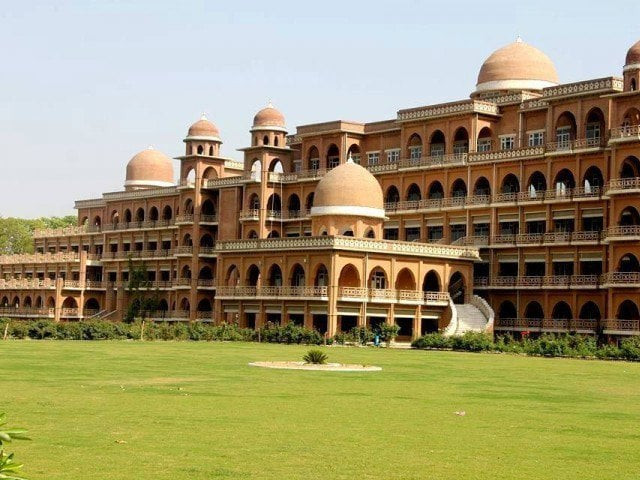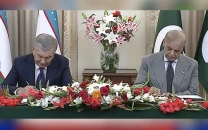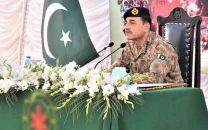K-P’s higher education plays passing the parcel
Rs3,500 million is required by the University of Peshawar to clear its debts

As the higher education system hangs loosely by the thread, the power holders in Khyber-Pakhtunkhwa (K-P) have decided to play passing the parcel with the province's public universities by haphazardly transferring their charge to the Chief Minister.
In the first week of December, the K-P Assembly amended the Khyber-Pakhtunkhwa Universities Act Bill, 2012, by virtue of which the charge of 34 universities in K-P was transferred from the Governor to Chief Minister (CM) Ali Amin Gandapur, who will now hold the Chancellor’s office. Amidst the ongoing tussle between the provincial government and the centre, educationists have observed that this amendment will only add to the state of dysfunction plaguing the higher education system.
According to Dr Muhammad Uzair, Assistant Professor at the University of Peshawar (UoP) and Former President of the Peshawar University Teachers Association, the recent amendment was a big blunder made by the current provincial government. “Each year, the Chancellor is expected to participate in at least two meetings for a given university. How will the CM participate in these meetings for all 34 universities?” questioned Dr Uzair, who felt that the move would further complicate the issues facing the varsities.
Dr Uzair further informed that there was still no provincial higher education department in the province, where universities were facing several administrative and financial challenges. “UoP is facing a deficit of more than Rs3,500 million due to which the employees have still not received their salaries for November. Instead of resolving these fundamental issues, the government has decided to transfer the charge of the universities. They have also proposed that the Provincial Management Service (PMS) officers can be recruited on the administrative seats at the universities.,” informed Dr Uzair.
Expanding on the matter, Dr Shah Nawaz Khan, Lecturer of Political Science at the Islamia Collage believed that although the transition of powers from the Governor to the Chief Minister would not directly affect the role of the universities, specific amendments in the updated bill have attracted scrutiny.
“Apparently, the treasurer, registrar and other administrative seats will be taken over by the PMS officers, while the number of teachers would be reduced from nine to just three or four. Hence, most decisions in the syndicate meeting will be taken by the administrative officers,” highlighted Dr Khan.
Responding to the concerns, Meena Khan Afridi, the Minister for Higher Education K-P, while talking with to the Express Tribune assured that the provincial government had presented the amendment bill in favour of the universities. Khan claimed that the decision to give administrative seats to the bureaucracy was taken because there were no administrative seats available in the university. “Soon the provincial government will resolve the financial challenges faced by the universities,” claimed Afridi.
When inquired about how the CM will give time to all 34 Universities, Afridi maintained that the CM was committed to securing the future of students and under his leadership the universities will once again begin their journey on the track of development. “This change was necessary since the Governor was not giving time to the universities since his appearance was more ceremonial,” claimed Afridi.
On the other hand, K-P’s Governor Faisal Karim Kundi expressed his skepticism over the ability of the CM’s administration to oversee the domain of education. “The CM and his team have failed to maintain law and order in the province. How will they manage the universities?” scoffed Kundi.



















COMMENTS
Comments are moderated and generally will be posted if they are on-topic and not abusive.
For more information, please see our Comments FAQ